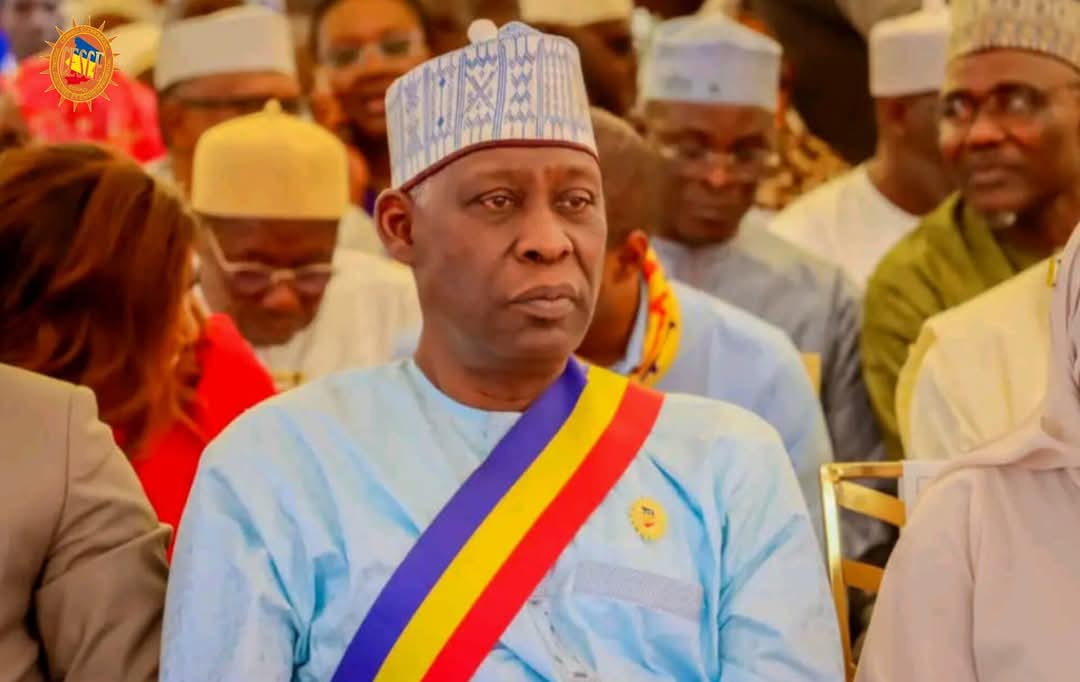Chad: Dr. Ahmat Mbodou Mahamat urges global partners to boost financial aid at UN forum

Dr. Ahmat Mbodou Mahamat, President of the Economic, Social, Cultural and Environmental Council of Chad (CESCE), has called on the international community to step up financial support for Chad to help it achieve the Sustainable Development Goals (SDGs) by 2030.
Speaking on July 21, 2025, during the ministerial segment of the 13th United Nations High-Level Political Forum on Sustainable Development (HLPF) at UN headquarters in New York, Dr. Mahamat highlighted Chad’s ongoing efforts to implement the SDGs despite its economic and environmental vulnerabilities.
Organised under the auspices of the UN Economic and Social Council (ECOSOC), the HLPF is the UN’s central platform for reviewing progress on the 2030 Agenda. This year’s session, running from July 14 to 23, focused on “Advancing Sustainable, Inclusive, Science- and Evidence-Based Solutions for the 2030 Agenda,” bringing together UN member states and civil society representatives.
In his address, Dr. Mahamat underlined Chad’s strides toward sustainable development but stressed that additional financial backing was crucial. “Shortcomings of the current global system and the inability to find effective solutions to global crises” were hampering progress, he warned, urging renewed multilateralism and adherence to commitments made at the 4th UN Conference on Global Financing.
He reaffirmed Chad’s pledge to implement its National Development Plan (NDP) for 2030, which prioritises doubling food production through agricultural mechanisation, processing local products, and expanding rural electrification via green energy. The plan’s resource mobilisation roundtable is set for September 9–10, 2025, in Dubai.
Dr. Mahamat also praised Chad’s stabilisation efforts following its peaceful transition and return to constitutional order in 2024, noting the country’s role as a haven for refugees from neighbouring conflict zones. However, he expressed regret that Chad had yet to access promised international climate funds, despite being among the nations most vulnerable to climate change.
The CESCE president’s appeal reflects Chad’s push for sustained global partnerships and financing to ensure its most disadvantaged populations are not left behind in the race to meet the 2030 targets.
About The Author
dailymailafric
I am an avid African news observer, and an active member of Daily Mail Africa.
I’m Passionate about staying informed on diverse topics across the continent,
I actively contribute to publishing on political, economic and cultural developments in Africa.



